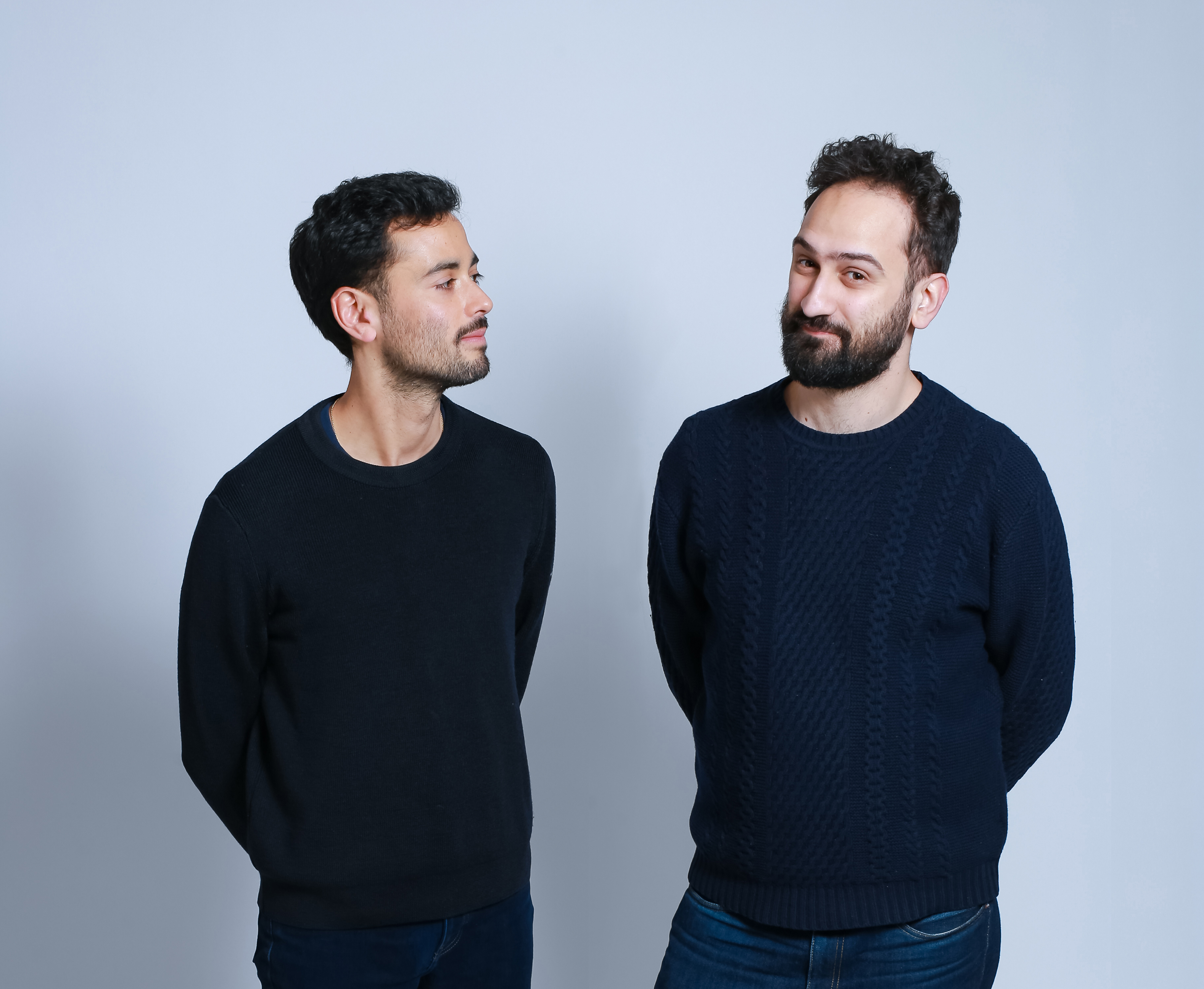[research] Towards Conviviality in Smart Territories
The Ecological Turn, Vol. 5 (2022), Bk Books, Delft.
Today, smart planning models are beginning to show aspects of fragility, with Sidewalk Labs’ abandonment of the Quayside Toronto project being an emblematic example.
This fragility indicates the need to deconstruct these powerful narratives and reflect on the appropriate application of ICT devices to spatial planning.
The article aims to analyse the power of the dominant narrative, that of the smart city, which confers to the models of territorial development a conceptual value finalised in the production of economic value.
The smart models present a series of limitations:
Spatial ones, by creating a disconnection between physical and digital spaces;
Political ones, by reducing territorial governance to its technical dimension;
Social ones, by externalising and privatising public services.
These limitations imply the delegation of the control of these technological devices with which we interact.
After the analysis of smart planning, the article will explore an alternative approach regarding the use of technology. This approach will be based on Ivan Illich’s conviviality theory, and will aim to examine the development of smart territories as a place of reintegration of social relations and community in order to outline a different relationship with technology.
Could technology establish an ethical relationship between territory and community?
The Ecological Turn, Vol. 5 (2022), Bk Books, Delft.
Today, smart planning models are beginning to show aspects of fragility, with Sidewalk Labs’ abandonment of the Quayside Toronto project being an emblematic example.
This fragility indicates the need to deconstruct these powerful narratives and reflect on the appropriate application of ICT devices to spatial planning.
The article aims to analyse the power of the dominant narrative, that of the smart city, which confers to the models of territorial development a conceptual value finalised in the production of economic value.
The smart models present a series of limitations:
Spatial ones, by creating a disconnection between physical and digital spaces;
Political ones, by reducing territorial governance to its technical dimension;
Social ones, by externalising and privatising public services.
These limitations imply the delegation of the control of these technological devices with which we interact.
After the analysis of smart planning, the article will explore an alternative approach regarding the use of technology. This approach will be based on Ivan Illich’s conviviality theory, and will aim to examine the development of smart territories as a place of reintegration of social relations and community in order to outline a different relationship with technology.
Could technology establish an ethical relationship between territory and community?

 📸: Vincent Hoel
📸: Vincent Hoel